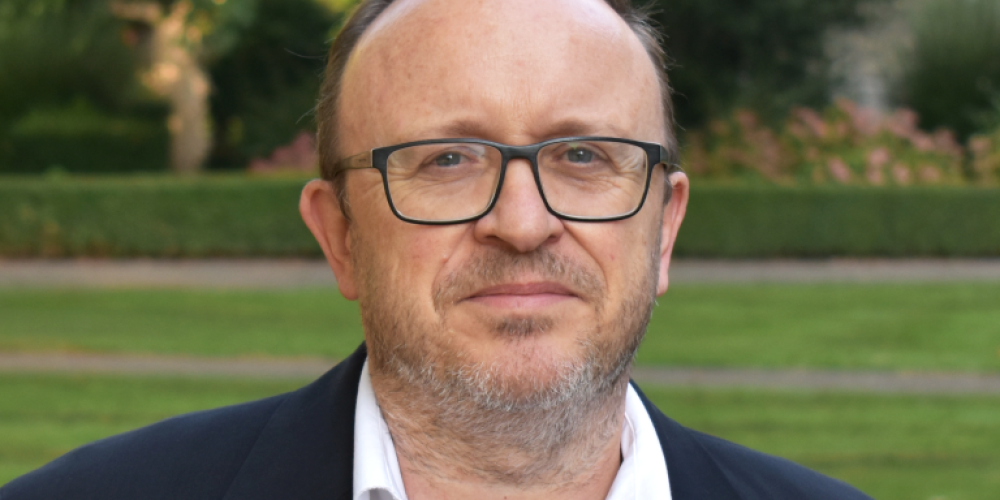
Since October 2016, VUB has worked with the United Nations University Institute on Comparative Regional Integration Studies (UNU-CRIS). This research institute was established in 2001 and is based in Bruges. Former VUBer Professor Philippe De Lombaerde recently took over leadership of the institute.
“I began in 2002 as a researcher at UNU-CRIS, which I did for about six years. Then, until the end of 2015, I was affiliated with it as associate director. And in January this year, after four years of working in France, I returned as interim director.”
What does UNU-CRIS do?
“We are part of UNU, the United Nations University. UNU is a think tank for the UN and its member states. We primarily conduct policy-oriented research on themes the UN is active in, from trade and climate to migration. It is also the aim that UNU acts as a bridge between the UN and universities. That means we’re expected to translate the results of research into more policy-oriented knowledge. We differ from other UN institutions because we are not financially dependent on the UN’s general budget. We work with supplementary voluntary contributions from member states, usually the host countries where we are based. The headquarters are in Tokyo, and there are fourteen institutes spread over the world. For UNU-CRIS, it’s Flanders that provides our basic financing. A second reason we are different is that academic freedom is guaranteed within UNU. We are responsible for what we produce and publish, albeit within the framework of the UN’s general objectives.”
To what extent is cooperation with VUB important?
“The collaboration is the result of a call by the Flemish government, asking the Flemish universities to propose ways of working with us. The joint proposal by UGent and VUB won, because it most closely matched our plans and mandate. With the basic financing from Flanders, we recruited researchers and provided the basic administrative and logistical framework in Bruges.
“In the beginning phase of UNU-CRIS, we worked in Bruges with the College of Europe. But since 2016, there has been a structural collaboration with UGent and VUB, who both contribute financially, leaving us with additional scope for research. That also means there are interesting possibilities for collaboration with VUB professors, PhD students and master’s students, such as in the form of joint projects, activities, internships and so on. The fields in which we can work together reflect the UNU-CRIS mandate. Linked to this, it’s important to note that UNU is not organised in traditional faculties and according to disciplines, but each institute focuses on a particular problem that is tackled from an interdisciplinary angle. In our case, that’s the problem of regions and regional governance, based on the observation that national states often no longer have the resources to tackle important policy challenges in an effective way. That means challenges such as migration, digital governance, trade, climate, security. Then the regions come into the picture. Historically we have focused on the supranational regions such as the EU, ASEAN or Mercosur, but we also look at the interaction between those regions, the national level and the subnational level, such as Flanders.”
This year you have been appointed to a part-time role at VUB
“From 1 October, I will indeed be formally affiliated with VUB. The appointment still has to be fleshed out, but its main objective is to strengthen the link between VUB and UNU-CRIS. For the same reason, there is also an affiliation with UGent.”
You are a former VUB student
“I studied at both the universities involved with UNU-CRIS, first economy at UGent and then econometrics at VUB. It was a relatively short period, which I combined with my first job, but I have good memories, good contacts and good colleagues from that time.”
For more information about UNU-CRIS, see www.cris.unu.edu or follow UNU-CRIS via social media or newsletter.